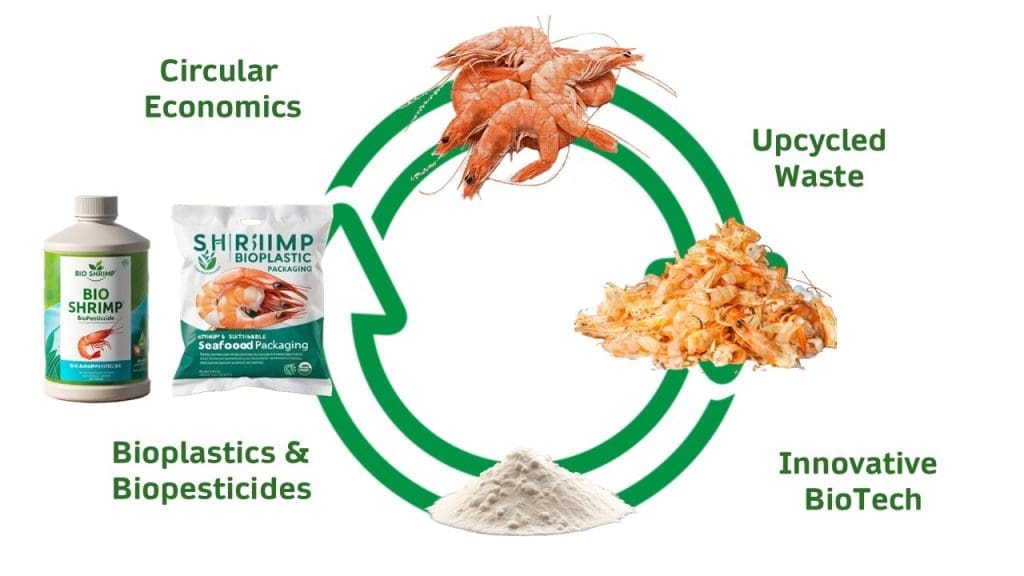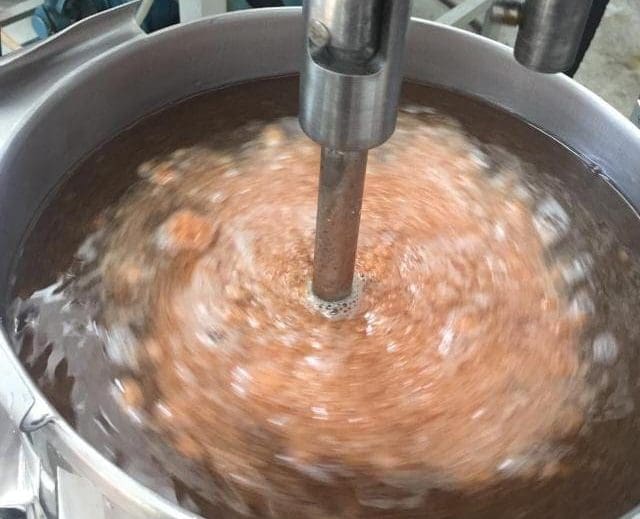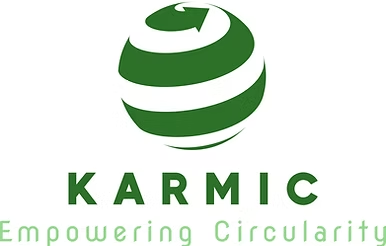
Ceo & Founder of Karmic Global
Karmic Global, founded by Kristin Veriga and Dr. Pedram Dehdari, turns waste into valuable resources with bioactive bioplastics and natural biopesticides. Kristin Veriga shares insights on their mission, technological innovations, and the future of food sustainability
What inspired you to create Karmic Global, and how does it address food security challenges?
Karmic Global was born from a passion for solving food security challenges. With a global food waste crisis valued at $1 trillion annually, the opportunity to drive impact is immense.
Meanwhile, the shrimp industry faces its worst outlook in 30 years, making it crucial to rethink resource use. By upcycling waste, we create bioactive bioplastics and biopesticides, reducing waste while enhancing sustainability and efficiency across the supply chain. Our goal is simple: transform waste into worth and drive profit with purpose.

How do your biopolymer innovations reduce food waste and enhance sustainability?
We pioneer chitosan-based biopolymers to revolutionize food packaging and agriculture. Our bio-activated plastic, derived from shrimp shells, extends food shelf life, reduces spoilage, and minimizes plastic pollution. Meanwhile, our chitosan based biopesticides naturally strengthen plants, reducing crop loss without harming the environment. By integrating these solutions, we foster a circular economy that reduces food waste and creates a more sustainable supply chain.
What inefficiencies exist in the seafood industry, and how can technology help?

The seafood industry struggles with traceability, high waste levels, underutilized byproducts, and supply-demand mismatches. AI, blockchain, and biotech are game-changers, enabling proactive decision-making.
AI optimizes supply chains, blockchain enhances transparency, and biotech transforms waste into valuable resources. Embracing technology is key to making seafood supply chains sustainable and profitable.
How can companies integrate circular economy principles into food production?
Shifting from a linear to a circular economy requires focusing on three areas: waste upcycling, sustainable packaging, and data-driven supply chain optimization. Companies must see waste as an opportunity, invest in biodegradable packaging, and leverage AI for efficiency. This approach cuts costs, creates revenue streams, and builds stronger brands in an eco conscious market.





